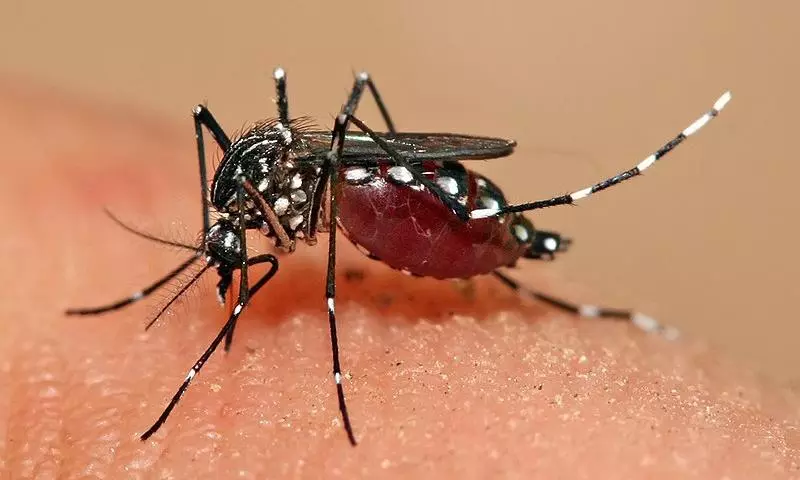
Guwahati: The spread of Japanese encephalitis to Western and lower Assam districts has become an area of concern for health officials who on Friday said that state has recorded the death of 10 due to Japanese encephalitis so far and and around 134 persons have been affected.
Pointing out that earlier JE outbreaks were more common in the upper Assam districts but due to active steps taken by the health department, the situation in the traditional JE belts has improved, Executive Director of the National Health Mission Assam Manoj Choudhury told reporters that the disease was spreading to new areas in lower Assam that is a cause of concern for the health department.
Informing that state health department was keeping a close watch on the situation as its outbreaks have been reported from different parts of the state, he however said that situation is under control.
Informing that the worst affected districts are Nalbari, Barpeta, Jorhat and Darrang, he said that the situation is much better than in the last couple of years as the death rate in those two years was much higher.
Mr Choudhury said that the disease transmits from mosquito bites. If mosquitoes bite bovine animals like cows and pigs and bite human beings soon thereafter, there is the possibility of getting infected with the disease. He pointed out that some people keep cows and pigs very near to households and such people are vulnerable to the disease.
The director of the health mission said that the outbreak of the disease starts from the month of May and remains up to August. Generally, it starts with the start of the rainy season and ends when the rainy season is over. He suggested that in case of high fever, people should immediately consult a doctor to assess whether it is a normal fever or is due to Japanese encephalitis.
In severe cases, the disease affects the brain and the patient becomes unconscious. But in most cases, the infected people recover on their own. “But no one should take chances and must report to doctors in case of high fever. The test and treatment of JE in any Government hospital is free,” he said.
He said that even before the outbreak, fogging was done in the potentially dangerous areas and the health workers visited households and pointed out the importance of mosquito nets to keep the disease at bay. But one major problem is that the chemicals used during fogging are washed away during the rainy season and there is the need for repeated fogging.

